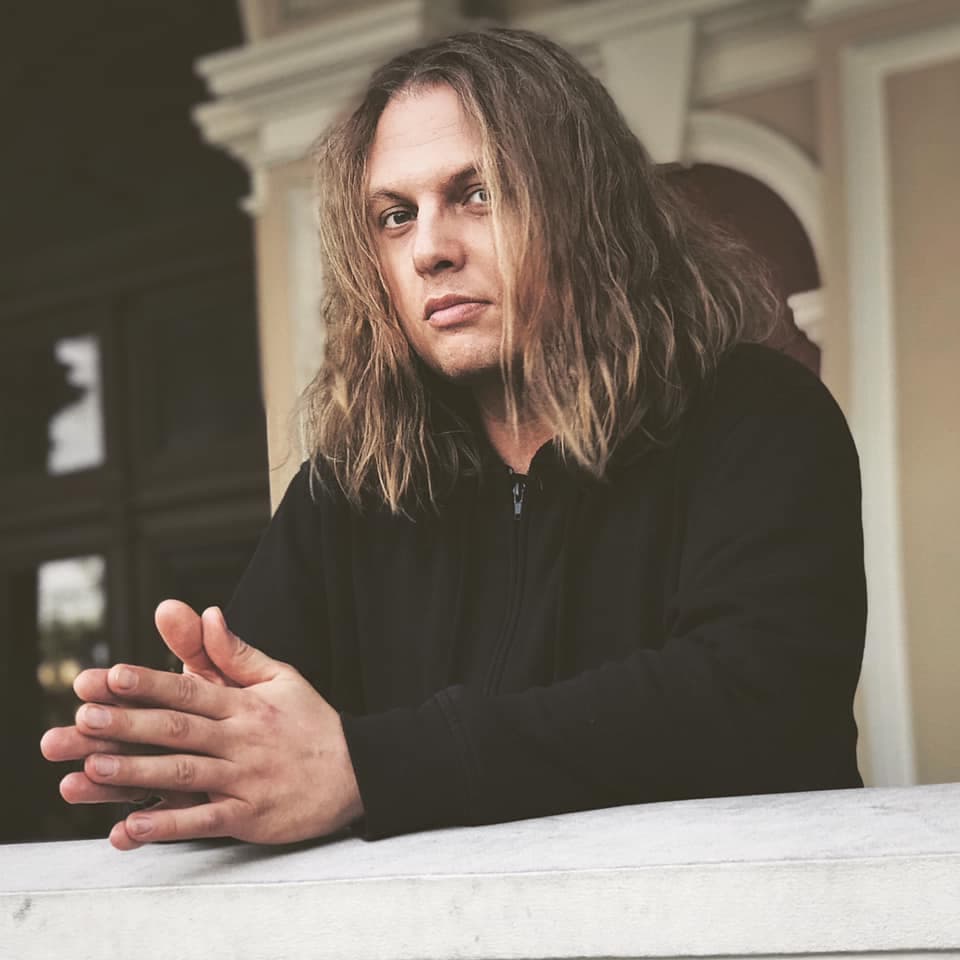Ukrainian director detained in Italy at Russia's request removed from Interpol wanted list

Renowned Ukrainian theater director Eugene Lavrenchuk, 39, who was detained in Italy in December due to a Russian extradition request, was removed from the Interpol wanted list, Ukrainian Parliament’s Commissioner for Human Rights Ludmila Denisova wrote on Facebook on Jan. 29.
Interpol found that his wanted status was "inconsistent" with Article 3 of the Interpol Statue that strictly forbids "any intervention or activities of a political, military, religious or racial character," according to Denisova.
“Interpol has recognized that the Russian Federation is persecuting Eugene Lavrenchuk for political reasons,” Denisova wrote.
Russia accused Lavrenchuk of having committed financial crimes during his stay in the country before the war. Lavrenchuk co-founded the “Polish Theater in Moscow” in the early 2000s but left the country after the start of Russia’s war against Ukraine in 2014.
He was detained in Naples, which he used as a stopover en route to his native Lviv, on Dec. 17.
The director’s relatives and friends soon launched the campaign “Free Eugene Lavrenchuk”, stating that the “criminal case against him is fabricated and looks like political persecution.” A court in Naples, however, chose to keep Lavrenchuk behind bars amid the court’s hearing of the extradition request.
According to Denisova, Lavrenchuk spent 35 days behind bars.
On Jan. 21, he was transferred from the pre-trial detention center and has been under house arrest ever since.
However, on Jan. 27, a Naples city court rejected Lavrenchuk attorneys’ motion to lift the house arrest and allow Lavrenchuk to return to Ukraine, Denisova wrote. The court set a 30-day deadline for the Naples prosecutor's office to study the materials received from Moscow and express their views on Lavrenchuk’s extradition to Russia.
Denisova is concerned that the Italian Justice Ministry, along with the Prosecutor's Office of Naples, did not officially respond to Lavrenchuk's removal from Interpol's wanted list.
On Facebook, Denisova appealed to Ukraine’s Foreign Minister Dmytro Kuleba, asking him to take measures to “stop the gross violations of the rights of an illegally detained Ukrainian citizen, Eugene Lavrenchuk, and ensure his immediate return to Ukraine.”
In his latest Facebook post, Lavrenchuk thanked Denisova for her support, adding that “the main phases of protection are yet to come.”
Lavrenchuk also wrote that he had never taken any money from Russia’s state budget during his work at the “Polish Theater in Moscow.”
“The theater was entirely supported by grants from European foundations,” Lavrenchuk wrote.
“So, whose money and how I could have ‘stolen’ in my own theater, as written in the Russian (extradition) request, I honestly don’t understand,” he added.
After leaving Russia, Lavrenchuk has worked in Ukraine, Israel, and Poland. He was appointed chief director of the Odessa Opera and Ballet Theater in 2018.
In Ukraine, Lavrenchuk’s case echoes that of Ukrainian soldier Vitaliy Markiv, who spent 40 months in an Italian prison for allegedly directing a mortar strike that killed two journalists. His conviction was eventually overturned and he was fully acquitted.









